La Sra. Rahola fue elegida por su incansable defensa de los derechos de las mujeres y los niños, por defender el imperio de la ley y luchar contra la intolerancia, el racismo y el antisemitismo.
Como miembro del Parlamento nacional español, desde 1993 a 2000, la Sra. Rahola luchó contra la corrupción política, trabajando en la Comisión Roldán. En reconocimiento a su investigación del mal comportamiento gubernamental, recibió el premio parlamentario, «Azote del Gobierno». Desde que dejó la política por el periodismo, la Sra. Rahola se ha convertido en un columnista habitual de La Vanguardia de España, La Nación de Argentina, y Diario de América en EE.UU., así como también una frecuente participante en programas de radio y televisión.
El trabajo de la Sra. Rahola en materia de derechos de la mujer incluye su autoría del libro de 2000 «Mujer Liberada, Hombre Cabreado». También escribió «Historia de Ada: Los Derechos Pisoteados de los Niños», un libro de 2002 encargado por Oxfam International que confronta las críticas cuestiones de la prostitución infantil, el SIDA, el trabajo infantil y los niños soldados.
El nombre del libro proviene de la reflexión de la Sra. Rahola sobre qué podría haber llegado a ser su propia hija, Ada, a quien adoptó en 2001, si hubiera permanecido en un orfanato de Siberia. También explora el estado de los derechos del niño en todo el mundo, a través de historias de individuos. La adopción de un hijo, Noé, en 1993, la inspiró a escribir el libro «Carta a Mi Hijo Adoptivo», que relata los temores, las luchas, y el anhelo de su experiencia. El libro se ha convertido en un texto clásico sobre adopción.
La Sra. Rahola ha sido una declarada opositora de las manifestaciones contemporáneas de antisemitismo y otras formas de intolerancia. En 2003 fue galardonada con el «Betera en Lilá» premio por su lucha contra la desigualdad de género y la violencia. En 2004 fue investida con el doctorado honoris causa por la Universidad de Santiago de Chile, por su defensa de los derechos humanos fundamentales. Ha sido reconocida por muchos otros por su compromiso con los principios de los derechos humanos, la democracia y contra el racismo.
Rahola es también una vigorosa oponente al tratamiento inhumano de los animales. Sus columnas en La Vanguardia y otros diarios han criticado duramente las corridas de toros y otras formas de maltrato animal. Ha participado activamente con la Asociación de Defensa de los Derechos de los Animales, una ONG española líder por el bienestar de los animales, y con la Fundación Altarriba – Amigos de los Animales, una fundación para el bienestar de los animales.
Ganadoras anteriores del premio UN Human Rights Watch, incluyen a Esther Mujawayo, una activista a favor de las víctimas del genocidio en Ruanda, Nazanin Afshin-Jam, fundadora y presidente de Stop Child Executions, y la Dra. Massouda Jalal, la primera mujer en Afganistán en postularse para presidente y en servir como Ministro de Asuntos de la Mujer.
Traducido para porisrael.org por José Blumenfeld
Spanish Journalist Pilar Rahola Chosen for UN Watch’s 2011 Human Rights Award
GENEVA, April 1 — UN Watch is proud to announce that Spanish journalist and human rights activist Pilar Rahola will be the 2011 recipient of the Geneva-based human rights group’s Morris B. Abram Human Rights Award.
The prize honors the legacy of the late U.S. civil rights advocate and diplomat, born in the American South, who founded UN Watch in 1993 after serving at the United Nations in Geneva. The prize will be presented at the organization’s 18th Anniversary Gala Dinner next week.
Ms. Rahola was chosen for her tireless championing of the rights of women and children, defending the rule of law, and combating intolerance, racism and anti-Semitism.
As a member of the Spanish national parliament from 1993 to 2000, Ms. Rahola fought political corruption, working on the Roldán Commission. In recognition of her investigation of government wrong-doing, she received the parliamentary prize, “Azote del Gobierno” (“Scourge of Government”). Since leaving politics for journalism, Ms. Rahola has become a regular columnist at La Vanguardia in Spain, La Nacion in Argentina, and Diario de America in the U.S, as well as a frequent participant in radio and television programs.
Ms. Rahola’s work on women’s rights includes her authorship of the 2000 book “Mujer Liberada, Hombre Cabreado” (Liberated Woman, Bad-Tempered Man). She also wrote “Historia de Ada: Los Derechos Pisoteados de los Ninos” (Ada’s Story: The Violation of Children’s Rights), a 2002 book commissioned by Oxfam International that confronted the critical issues of child prostitution, AIDS, child labor, and child soldiers.
The book’s name comes from Ms. Rahola’s reflection on what might have become of her own daughter, Ada, whom she adopted in 2001, had she remained in a Siberian orphanage. It also explores the state of children’s rights worldwide through the stories of individuals. Her 1993 adoption of a son, Noe, inspired her to write the book “Letter to My Adopted Son,” which relates the fears, struggles, and yearning of her experience. The book has become a classic text on adoption.
Ms. Rahola has been an outspoken opponent of contemporary manifestations of anti-Semitism and other forms of intolerance. In 2003 she was awarded the “Betera en Lilà” prize for her struggle against gender inequality and violence. In 2004, she was awarded an honorary doctorate from the University of Santiago de Chile for championing fundamental human rights. She has been recognized by many others for her commitment to the principles of human rights, democracy and anti-racism.
Rahola is also a vigorous opponent of the inhumane treatment of animals. Her columns in La Vanguardia and other newspapers have sharply criticized bullfighting and other forms of animal abuse. She has been active with the Association Defensa Derechos Animal, a leading Spanish NGO for the well-being of animals, and Fundación Altarriba – Amigos de los Animales, an animal welfare foundation.
Previous recipients of UN Watch human rights awards include Esther Mujawayo, an activist for victims of the genocide in Rwanda; Nazanin Afshin-Jam, the founder and president of Stop Child Executions; and Dr. Massouda Jalal, the first woman in Afghanistan to run for president and to serve as Minister for Women’s Affairs.
UN Watch is a Geneva-based human rights organization founded in 1993 to monitor UN compliance with the principles of its Charter. It is accredited as a Non-Governmental Organization (NGO) in Special Consultative Status to the UN Economic and Social Council (ECOSOC) and as an Associate NGO to the UN Department of Public Information (DPI).
Difusion: www.porisrael.org



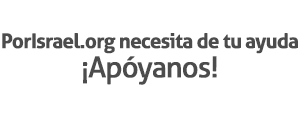

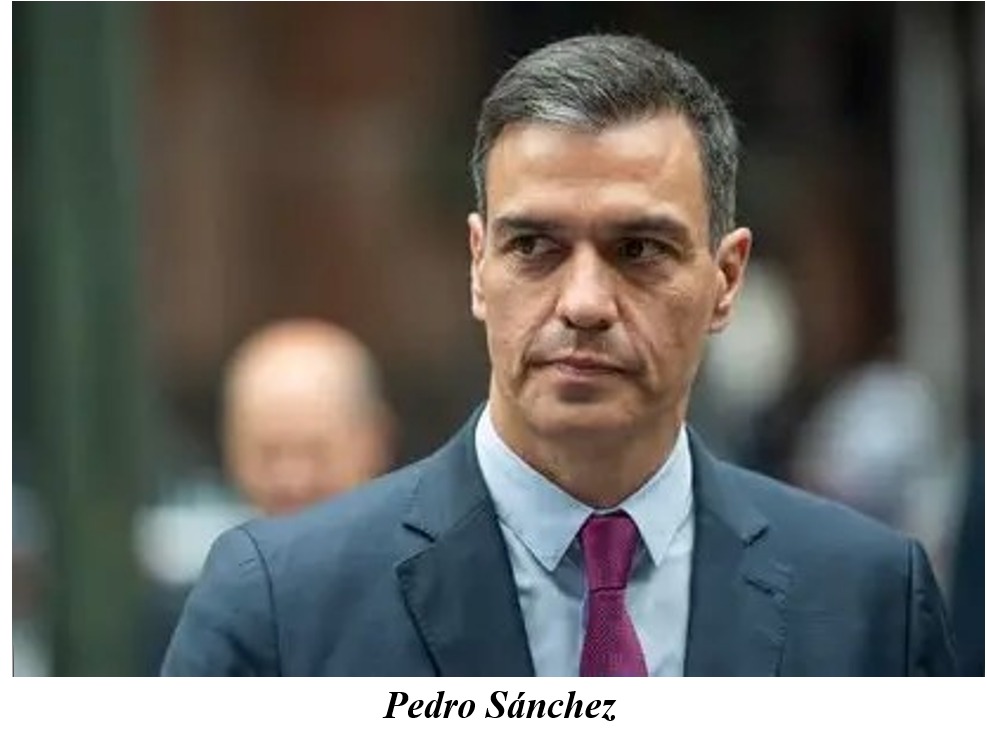

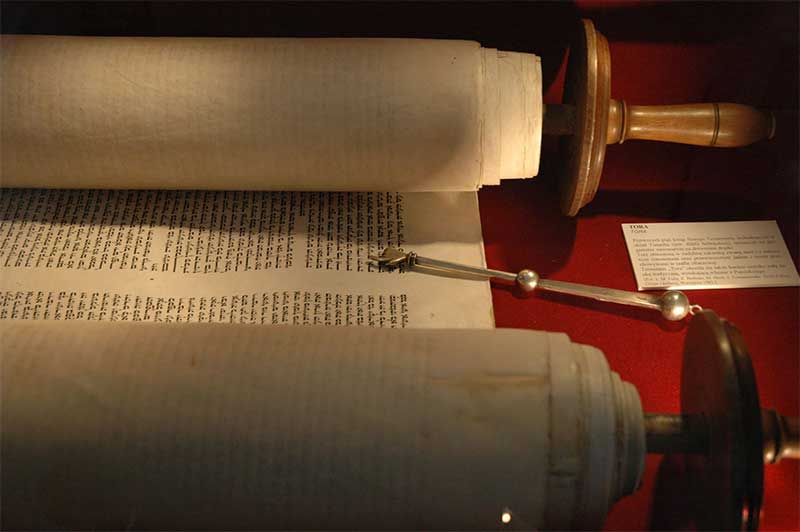
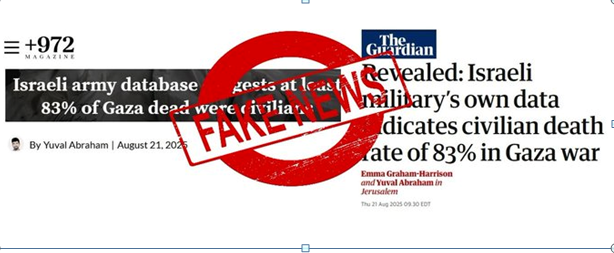

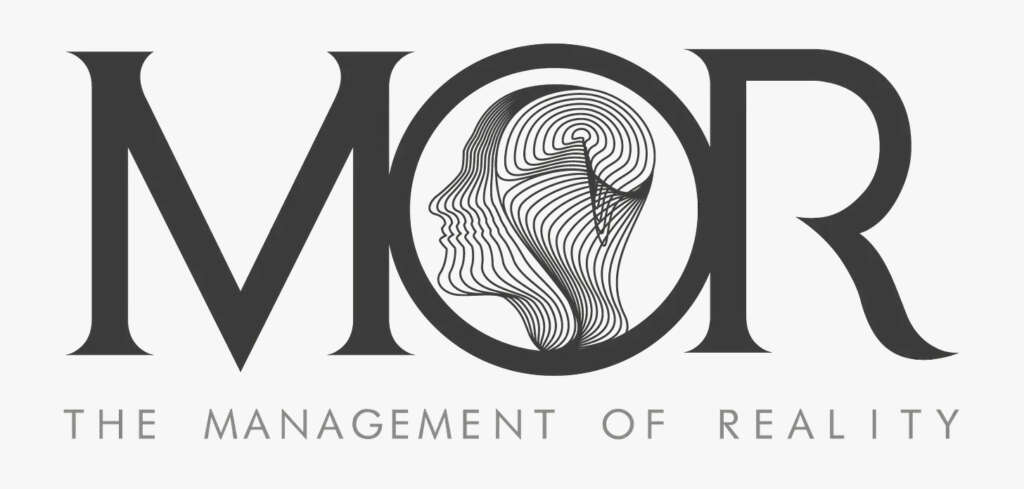
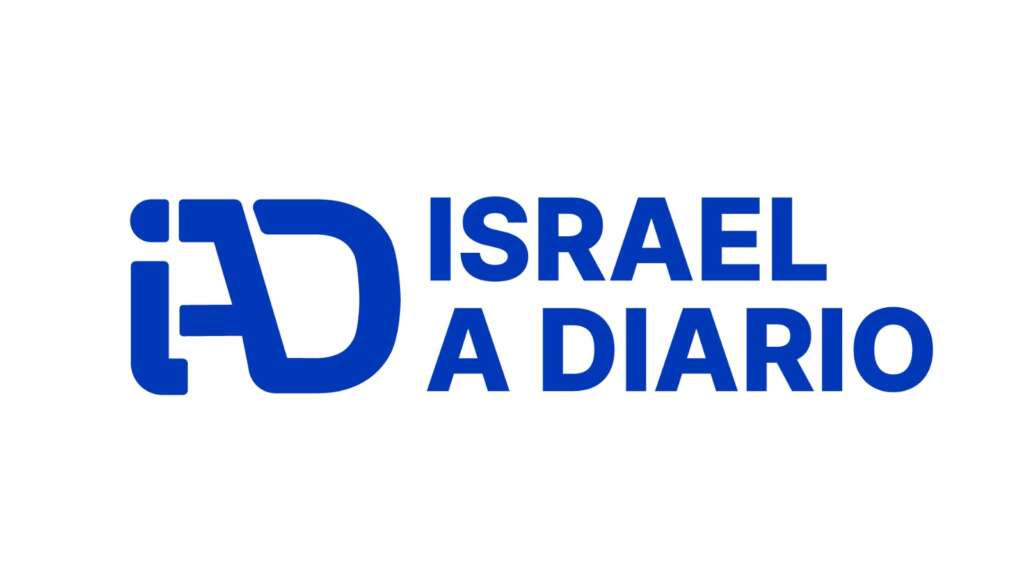


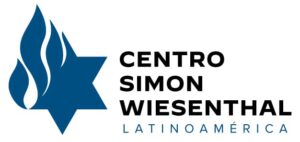
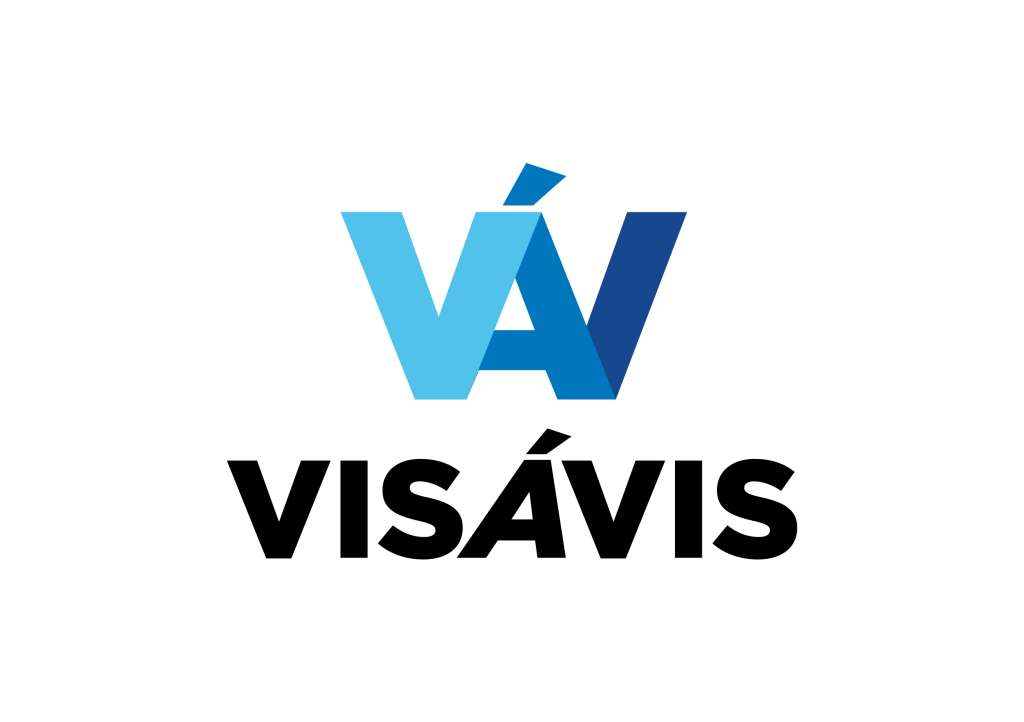

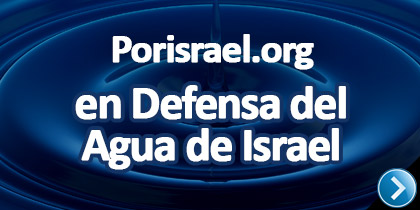
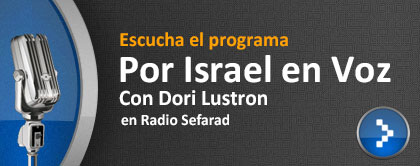

Debes estar conectado para publicar un comentario. Oprime aqui para conectarte.
¿Aún no te has registrado? Regístrate ahora para poder comentar.